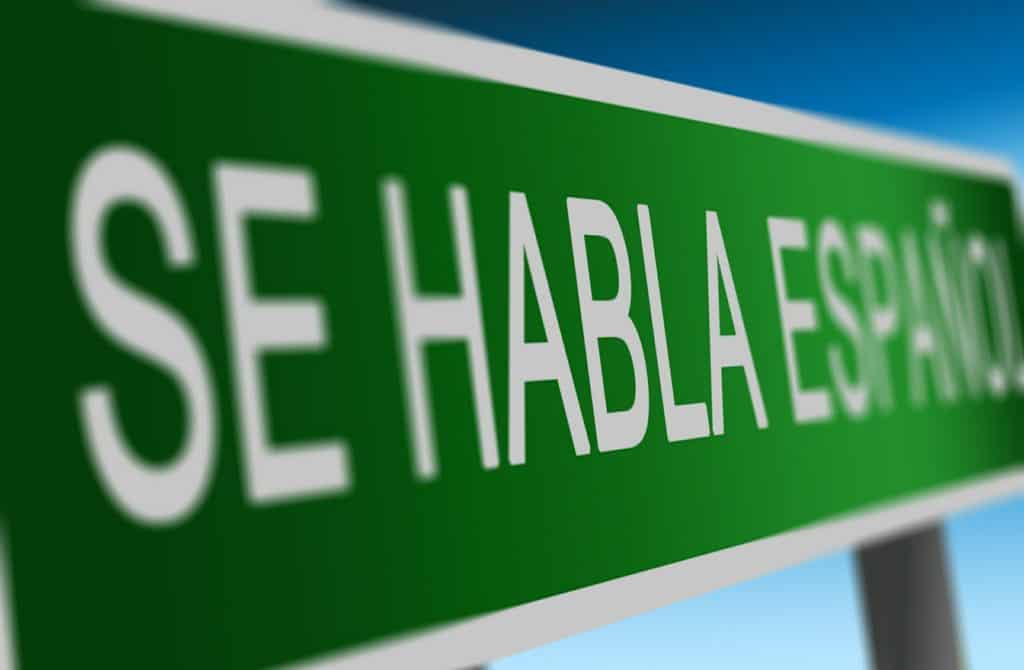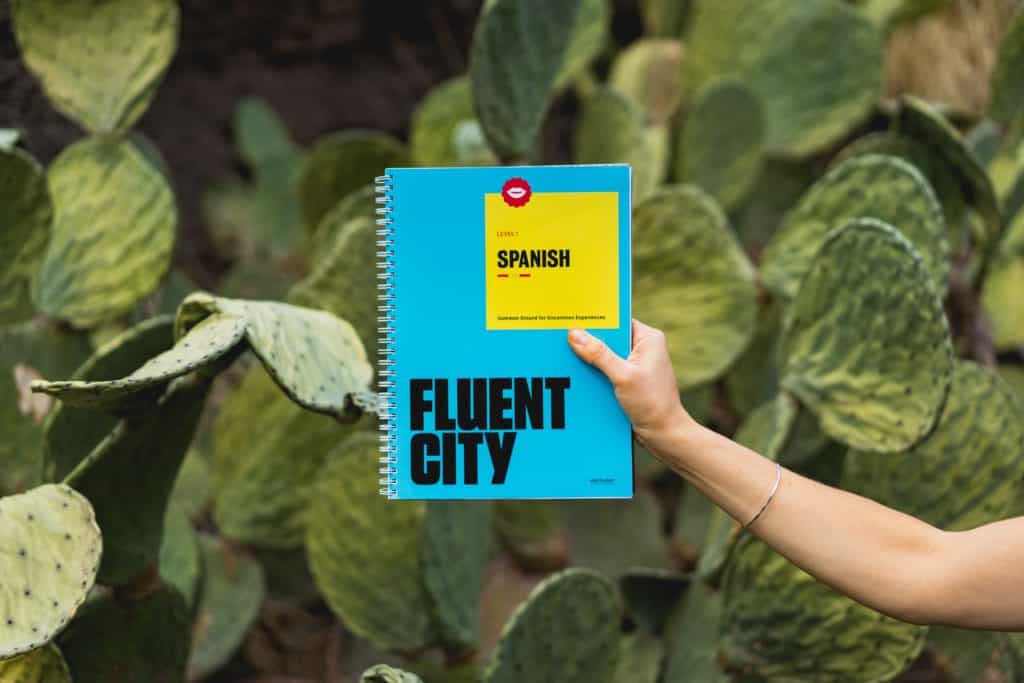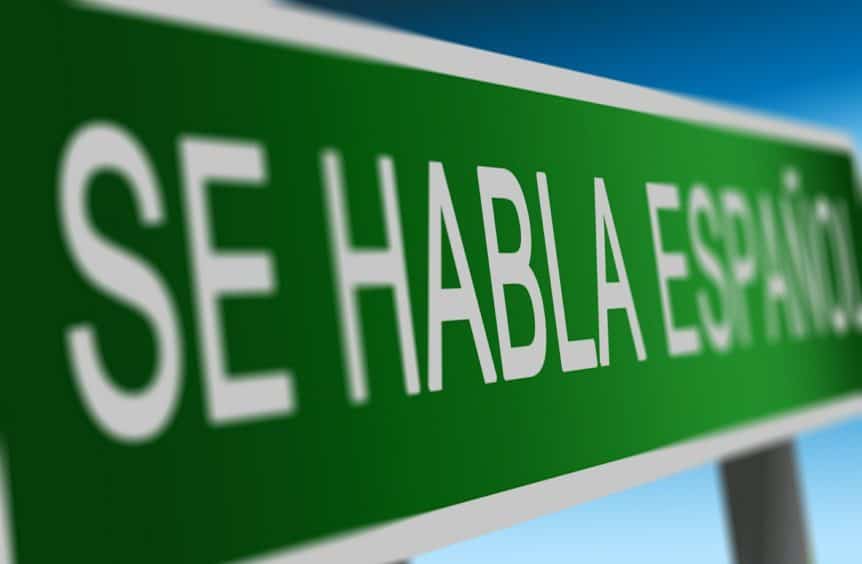
Dreaming of speaking Spanish fluently while soaking up the vibrant culture of Costa Rica? Whether you’re preparing for a move, planning a gap year, or just want to master a new language, Costa Rica is one of the best places to learn Spanish.
With its welcoming locals, immersive language programs, and stunning landscapes, you’ll be practicing ¡Pura Vida! in no time. In this guide, we’ll explore the most effective ways to learn Spanish in Costa Rica, weigh the pros and cons of each method, and share tips to maximize your fluency. Let’s dive into the world of Spanish immersion in Costa Rica!
Why Choose Costa Rica for Spanish Immersion?
Costa Rica’s laid-back vibe, clear Spanish dialect, and rich cultural heritage make it an ideal destination for language learners. Unlike some Latin American countries, Costa Rican Spanish is relatively neutral and easy to understand, with minimal regional slang. The country’s tourism infrastructure, from bustling San José to coastal Tamarindo, supports international students with quality language schools and homestay programs. Plus, the opportunity to practice Spanish while volunteering, dancing salsa, or exploring rainforests adds a fun, real-world dimension to your learning.
Key Factors for Success in Learning Spanish
To become fluent in Spanish during your time in Costa Rica, several factors play a role. Your prior knowledge of Spanish sets the foundation—knowing basic phrases can ease your transition and reduce stress in everyday situations.
The effort you put into practicing daily, whether through conversations or study, directly impacts your progress. Immersion is key: the more you engage with locals and the culture, the faster you’ll improve. Finally, choosing a high-quality program or method tailored to your learning style ensures you get the most out of your experience.
Preparing with Basic Spanish Before You Go

Arriving in Costa Rica with some Spanish under your belt can make your immersion experience smoother and more enjoyable. Even basic phrases like greetings, ordering food, or asking for directions can boost your confidence. You don’t need to be fluent, but a foundation helps you focus on advancing your skills rather than starting from scratch.
Consider starting with language apps like Duolingo or Babbel for quick, interactive lessons. Watching Spanish-language shows on Netflix with subtitles or listening to Costa Rican artists like Debi Nova can tune your ear to the accent.
Online platforms like Tandem connect you with native speakers for practice, while local community college courses offer structured learning. The key is consistency—10 minutes a day can go a long way. Find a method that clicks with you, whether it’s visual flashcards, audio lessons, or reading simple Spanish blogs.
Learning Spanish in Costa Rica: Your Options
Costa Rica offers a range of ways to learn Spanish, from structured programs to self-guided immersion. Each method has its perks and challenges, so let’s break down the most popular options to help you choose the best fit.
Spanish Language Schools: Structured Immersion
Enrolling in a reputable language school is one of the most effective ways to learn Spanish in Costa Rica. Schools like Intercultura in Heredia and Samara Beach or CPI with locations in San José, Monteverde, and Flamingo offer immersive programs with small classes, typically 4–8 students, ensuring personalized attention. Teachers are often native speakers with formal training, and courses blend grammar, vocabulary, and conversation practice.
Many schools enhance learning with cultural activities like cooking classes, salsa dancing, or guided tours to local markets. Programs range from one week to several months, with intensive courses offering 4–6 hours of daily instruction. Living with a host family, often included in the package, lets you practice Spanish over meals and daily routines while learning about Costa Rican traditions.
Pros: Structured curriculum, experienced teachers, cultural excursions, and homestay options accelerate learning.
Cons: Higher costs (typically $300–$600 per week, including homestay) and less flexibility for travelers with tight schedules.
University Programs: Academic and Cultural Depth
For those seeking a deeper academic experience, universities like the University of Costa Rica (UCR) in San José or Veritas University offer Spanish courses for international students. These programs combine language classes with cultural immersion, often including field trips to volcanoes or coffee plantations. Some universities allow you to take regular courses in Spanish alongside local students, which challenges advanced learners.
Living in a dormitory or with a host family provides daily speaking practice, and campus clubs offer chances to connect with locals. Programs vary from summer intensives to semester-long courses, ideal for students or professionals looking for credits.
Pros: Academic rigor, cultural integration, and access to university resources.
Cons: More expensive ($1,000–$3,000 per semester) and less flexible for short-term learners.
Private Tutoring: Personalized Learning
Hiring a private tutor in Costa Rica offers tailored instruction to match your pace and goals. Tutors, often found through language schools or platforms like Preply, focus on your specific needs, whether it’s conversational fluency or grammar mastery. Sessions can be held in person or online, making this a flexible option for those in rural areas with reliable internet.
Pros: Customized lessons, one-on-one attention, and flexible scheduling.
Cons: Costs ($15–$40 per hour) add up, and quality varies depending on the tutor’s credentials.
Self-Study with Immersion: Budget-Friendly but Disciplined
For self-motivated learners, combining self-study with cultural immersion can be a cost-effective way to learn Spanish. Living in a small town like Nosara or Puerto Viejo, where English is less common, forces you to communicate in Spanish daily. Renting an Airbnb or staying with a homestay family without a formal school program encourages natural learning.
Supplement immersion with textbooks like Practice Makes Perfect: Complete Spanish Grammar, audio courses like Pimsleur, or apps like Anki for vocabulary. Engaging with locals at markets or sodas (small restaurants) provides real-world practice.
Pros: Low cost (as little as $50–$100 [accommodation costs]) and full cultural immersion.
Cons: Requires strong self-discipline and lacks structured feedback.
Comparison of Spanish Learning Options in Costa Rica
| Method | Cost (Per Week) | Best For | Key Benefit | Challenge |
|---|---|---|---|---|
| Language Schools | $300–$600 | Beginners to advanced learners | Structured lessons, homestays | Higher cost, less flexible |
| University Programs | $500–$1,500 | Academic learners | Cultural depth, credits | Expensive, longer commitment |
| Private Tutoring | $60–$160 | Personalized learning | Tailored pace, flexible | Finding quality tutors |
| Self-Study + Immersion | $50–$200 | Self-motivated, budget travelers | Low cost, real-world practice | Requires discipline |
Tips to Boost Your Spanish Fluency

To fast-track your Spanish skills in Costa Rica, integrate these strategies into your daily routine. Focus on grammar with reference books like 501 Spanish Verbs for clear explanations. Build vocabulary using apps like WordReference for quick lookups or Reverso Context for phrases in context. Read Spanish blogs or news sites like La Nación to reinforce grammar and expand your word bank.
For listening, start with Spanish kids’ shows on Netflix, like Cocomelon, with subtitles, then progress to Costa Rican series like El Presidente. Practice writing on platforms like italki, where native speakers correct your work, or answer questions in Spanish on Quora to tackle complex topics. For speaking, join language exchange platforms like Tandem to connect with Costa Ricans for regular Skype practice, splitting time between English and Spanish for mutual learning.
Incorporate Spanish into daily life by dining at sodas, attending local festivals, or volunteering with organizations like Habitat for Humanity. These interactions make learning authentic and memorable.
Practical Considerations: Visas, Costs, and Planning
Most visitors can stay in Costa Rica for up to 90 days without a visa, but check requirements based on your nationality. If studying longer, explore student visas through your chosen program. Budget for accommodation ($200–$800/month for homestays or Airbnbs), food ($150–$300/month), and transportation ($50–$150/month). Language programs often include airport transfers, but confirm details in advance.
Research schools’ accreditation, such as Instituto Cervantes, and read reviews on platforms like GoAbroad. Schools in San José offer urban convenience, while coastal towns like Tamarindo provide a relaxed vibe but may have fewer resources. Balance your budget and learning goals when choosing a location.
Start Your Spanish Journey in Costa Rica

Learning Spanish in Costa Rica is more than just studying—it’s an adventure in language, culture, and connection. Whether you choose a language school, a homestay, or a small-town immersion, you’ll gain skills that last a lifetime. Ready to take the plunge? Research programs, pack your phrasebook, and get ready to say ¡Hola! to fluency

